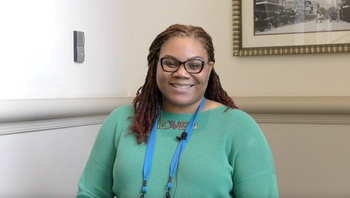
Outlining the development of the CHIMES trial in multiple sclerosis, the founder and CEO of Joi Life Wellness Group Multiple Sclerosis Center spoke on tactics to get underrepresented populations involved. [WATCH TIME: 2 minutes]

Outlining the development of the CHIMES trial in multiple sclerosis, the founder and CEO of Joi Life Wellness Group Multiple Sclerosis Center spoke on tactics to get underrepresented populations involved. [WATCH TIME: 2 minutes]

The founder and CEO of Joi Life Wellness Group Multiple Sclerosis Center outlined the motivations behind the trial, as well as potential reasons for underrepresentation. [WATCH TIME: 2 minutes]

The chief of the Multiple Sclerosis Division, Perelman School of Medicine at the University of Pennsylvania emphasized current recommendations, which suggest patients with MS get vaccinated for COVID-19. [WATCH TIME: 3 minutes]

The director of the Multiple Sclerosis Achievement Center in Sacramento discussed 3-year data from an assessment of the program, outlining key findings and future research efforts. [WATCH TIME: 6 minutes]

The chief of the Multiple Sclerosis Division at the Perelman School of Medicine, University of Pennsylvania, discussed recommendations for COVID-19 vaccination in this patient population, specifically for those on disease-modifying therapies. [WATCH TIME: 2 minutes]

Mona Bostick, RDN, LDN, MSCS, gave her perspective on nutrition in MS, popular elimination diets, and the role registered dietitians can play in the multidisciplinary care model.

The director of the Multiple Sclerosis Achievement Center outlined the design of the wellness programs, which are held in 2 different formats. [WATCH TIME: 4 minutes]

Amit Bar-Or, MD, FRCPC, FAAN, FANA, commented on his presentations at CMSC 2021, one of which focused on COVID-19 vaccination, which experts do not believe poses risks for those on disease-modifying therapies.

Brian Hutchinson, PT, MSCS, commented on the Multiple Sclerosis Achievement Center program, which includes patient data spanning a 3-year period.
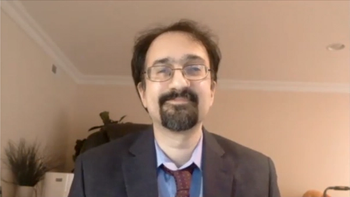
The associate professor of pediatrics and neurology at Rutgers–Robert Wood Johnson Medical School commented on the need to recognize when adolescent patients are ready to learn more about their condition. [WATCH TIME: 5 minutes]

Vikram Bhise, MD, outlined useful questions to include in conversation when discussing the transition to adulthood for patients with pediatric multiple sclerosis.

Vikram Bhise, MD, discussed findings recently presented at CMSC 2021, where teenagers with multiple sclerosis were interviewed to identify perceptions of QOL during the transition to adulthood.
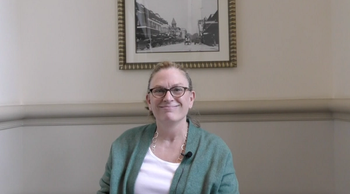
The founder of Food Matters 365, in Greensboro, North Carolina, commented on the benefits of adding a dietitian to the healthcare team for patients with multiple sclerosis. [WATCH TIME: 3 minutes]

The associate professor of pediatrics and neurology at Rutgers–Robert Wood Johnson Medical School discussed findings from a qualitative study that aimed at understanding priorities and concerns within this patient population during a transitional period.

The registered dietitian at Food Matters 365 in Greensboro, North Carolina, discussed the role nutrition can play in treating comorbidities, sharing her thoughts on popular elimination diets. [WATCH TIME: 2 minutes]

Anna Kratz, PhD, associate professor of Physical Medicine & Rehabilitation, and a research nonclinical psychologist, University of Michigan Medicine, offered insight into the multidisciplinary approach to managing fatigue for patients with multiple sclerosis.
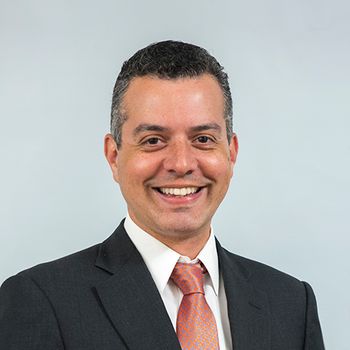
The associate director of the Neuromyelitis Optica Clinic and Research Unit at Mass General spoke about some of the unmet needs and unanswered questions surrounding NMO management.
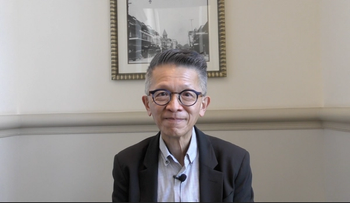
With the CMSC 2021 annual meeting having wrapped up, the director of the Multiple Sclerosis/MRI Research Group at the University of British Columbia offered his perspective on this year’s conference. [WATCH TIME: 1 minute]

Data presented at CMSC 2021 suggest worse COVID-19 outcomes were associated with patients with neuromyelitis optica spectrum disorder and other comorbidities.

Rates of infection or serious infection with satralizumab in the overall treatment period were not higher than those on placebo in the double-blind period and did not increase over time.

In total, 72% of responders reported spasticity as a top 5 most problematic symptom, with 17% ranking it as the single most difficult symptom of MS to manage.

The director of the Multiple Sclerosis/MRI Research Group at the University of British Columbia spoke to some of the newer biomarkers and measures being assessed in the clinical management of multiple sclerosis. [WATCH TIME: 3 minutes]
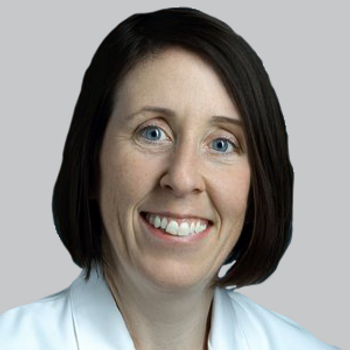
The director of the Multiple Sclerosis Experimental Therapeutics Program at Johns Hopkins Medicine offered insight on the TREAT-MS trial to attendees of the CMSC 2021 annual meeting.
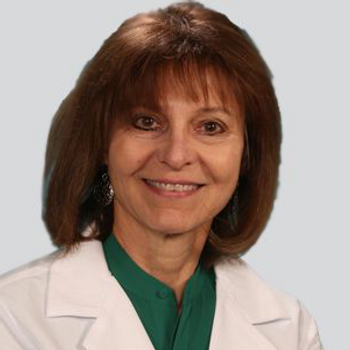
Data further investigated the impact of how individual disease-modifying therapies affect outcomes for this patient population.
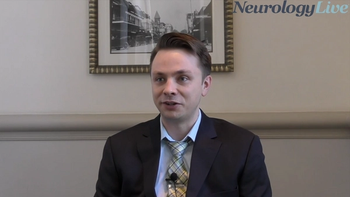
The post-doctoral scholar at the University of Iowa outlined his presentation at CMSC 2021 which focused on the use of elimination diets to improve symptoms of MS. [WATCH TIME: 2 minutes]

All told, 48% of patients with MS reported that their most common primary person for guidance on cannabis use in MS was themself or no one, followed by a dispensary professional and MS physician.

The director of the Multiple Sclerosis/MRI Research Group at the University of British Columbia spoke to the portable Standardized MRI Protocol card that is being distributed in an effort to better inform the community to follow the newly published guidelines. [WATCH TIME: 2 minutes]
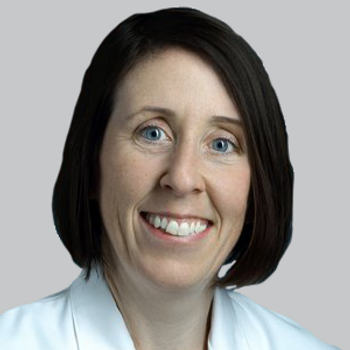
In the presidential lecture series at CMSC 2021, Ellen M. Mowry, MD, called into question whether or not the induction treatment approach in multiple sclerosis does in fact present a higher chance of preventing long-term disability.

Investigators provided 4 strategies for health care providers to implement when speaking to patients with MS, in an effort to improve communication between both parties.

Real-world data from a single-center study with more than 4 years of follow-up showed similar rates of moderate infections and malignancies to the general population with multiple sclerosis.